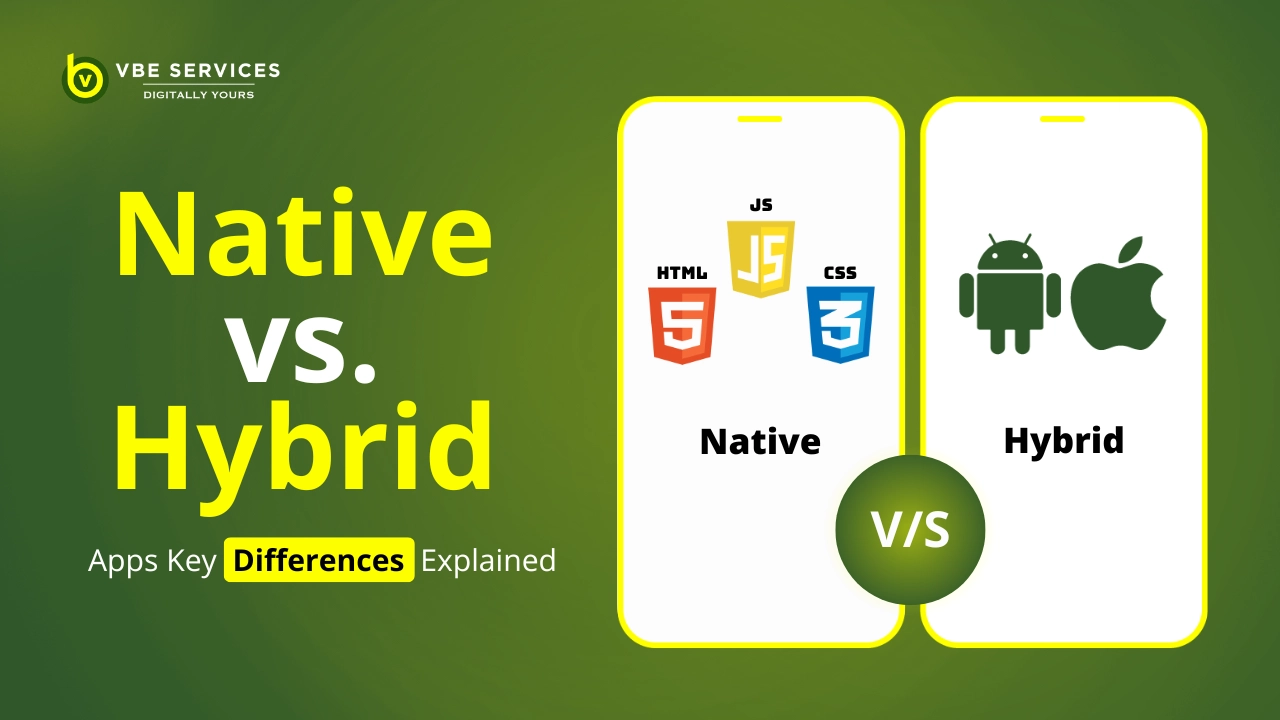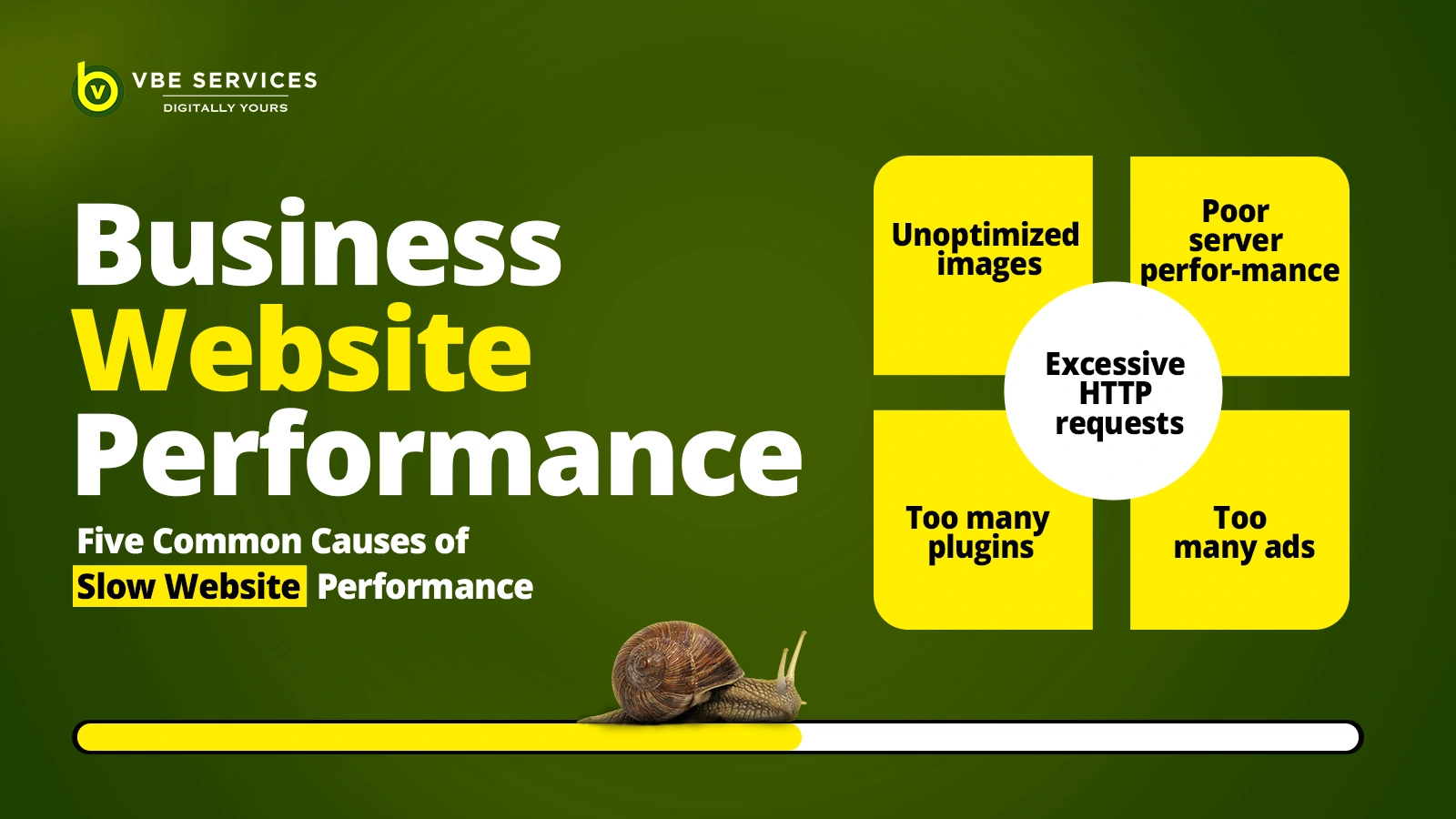

Native vs. Hybrid Mobile Apps: Key Differences Explained
In today’s digital age, having a mobile app is almost a necessity for businesses looking to connect with their audience. But before diving into app development, one crucial decision awaits: Should you go with a native app or a hybrid app? Each option offers unique benefits and drawbacks, so understanding their differences is key to making the right choice.
If you're in Romania and planning to develop a mobile app, working with the Best Mobile App Development Company in Romania, like VBE Services, can ensure your project is tailored to your needs. This guide will break down the essentials of native and hybrid apps to help you decide which path is best for your goals.
What Are Native Mobile Apps?
Native mobile apps are built specifically for a particular operating system, like iOS or Android. Developers use platform-specific languages such as Swift or Objective-C for iOS and Kotlin or Java for Android. These apps are downloaded directly from app stores like Google Play or the Apple App Store and integrate seamlessly with the device.
Advantages of Native Apps
a. Optimal Performance
Native apps are designed to fully utilize the device’s hardware and software, offering fast and responsive performance.
b. Enhanced User Experience
Since these apps are tailored to a specific platform, they provide a smooth and intuitive experience.
c. Access to Advanced Features
Native development allows direct access to device-specific features, such as GPS, camera, and push notifications.
d. High Security
With platform-specific security protocols, native apps tend to be more secure against potential vulnerabilities.
Disadvantages of Native Apps
a. Higher Development Costs
Developing separate apps for iOS and Android requires more time, effort, and investment.
b. Longer Time-to-Market
Creating and maintaining two distinct apps can delay your launch timeline.
What Are Hybrid Mobile Apps?
Hybrid mobile apps combine elements of both native and web apps. They are built using web technologies like HTML5, CSS, and JavaScript, then wrapped in a native container to access device features. Frameworks such as React Native, Flutter, and Ionic are commonly used for hybrid development.
Advantages of Hybrid Apps
a. Cost-Effective
Hybrid apps are cheaper to develop with a single codebase for multiple platforms than native apps.
b. Faster Development
A shared codebase allows for quicker design, build, and deployment across platforms.
c. Cross-Platform Compatibility
These apps can run on multiple operating systems, making them ideal for broader reach.
d. Simpler Maintenance
Updates and bug fixes can be rolled out across all platforms simultaneously.
Disadvantages of Hybrid Apps
a. Compromised Performance
Hybrid apps may not perform as smoothly as native apps because they rely on a web view.
b. Limited User Experience
The user interface may not feel as seamless or polished as with native apps, especially for complex functionalities.
c. Dependency on Third-Party Frameworks
Hybrid apps rely heavily on frameworks that may require frequent updates or become obsolete.
Key Differences Between Native and Hybrid Apps
| Feature | Native Apps | Hybrid Apps |
| Performance | Faster and more reliable | Slightly slower due to web view dependency |
| User Experience | Optimized for platform guidelines | Consistent but less refined |
| Development Cost | Higher (two codebases) | Lower (one codebase) |
| Development Time | Longer | Shorter |
| Access to Features | Full access to device APIs | Limited, depending on the framework |
| Maintenance | Separate updates for each platform | Easier with a single codebase |
Which Approach Is Right for Your Business?
The decision between native and hybrid apps depends on your goals, budget, and audience. Here are some scenarios to help you decide:
When to Choose Native Apps
- You need a high-performing app that runs seamlessly.
- The app requires advanced device-specific features like AR or 3D graphics.
- User experience is a top priority, especially for apps with complex interactions.
When to Choose Hybrid Apps
- You’re working within a limited budget and timeline.
- The app’s primary purpose is delivering content rather than complex interactions.
- You want a single app that works across multiple platforms.
Why Choose VBE Services for Mobile App Development in Romania?
If you’re looking for expert guidance, VBE Services, the Best Mobile App Development Company in Romania, is here to help. Whether you need a high-performing native app or a versatile hybrid solution, they offer:
a. Custom Development
Tailored solutions that align with your business goals and audience needs.
b. Skilled Developers
A team experienced in the latest native and hybrid technologies.
c. Comprehensive Services
From ideation and design to deployment and maintenance, they handle it all.
d. Specialization in iOS Development
As a trusted iOS App Development Company in Romania, VBE Services ensures your app shines on Apple devices.
Final Thoughts
Understanding the differences between native and hybrid mobile apps is crucial when planning your app development strategy. Native apps deliver unparalleled performance and user experience, while hybrid apps offer a cost-effective and quicker route to market.
For businesses in Romania, partnering with the Best Mobile App Development Company in Romania, like VBE Services, ensures your project is built to perfection. Ready to turn your vision into reality? Contact VBE Services today and take the first step toward creating a mobile app that stands out!





